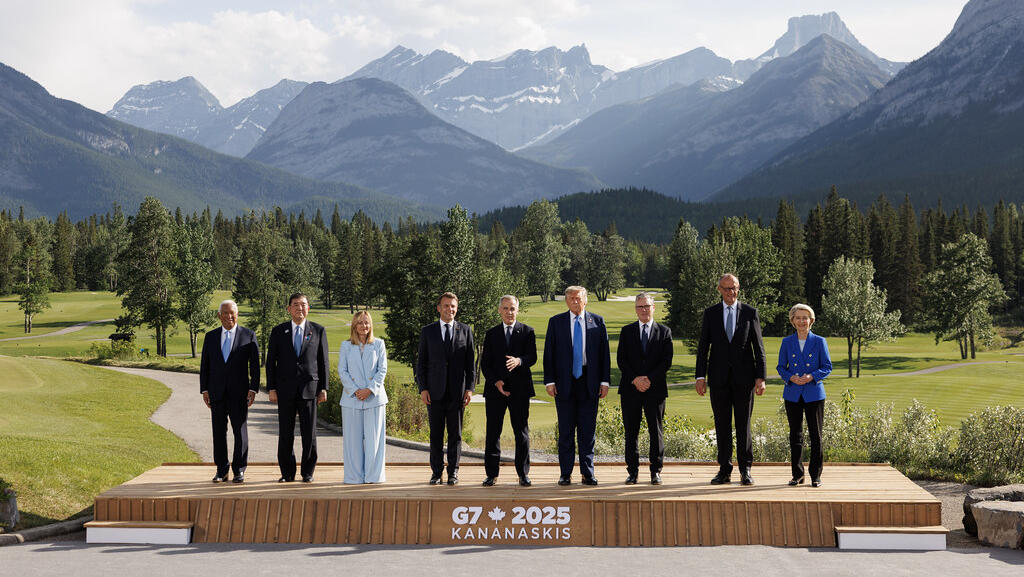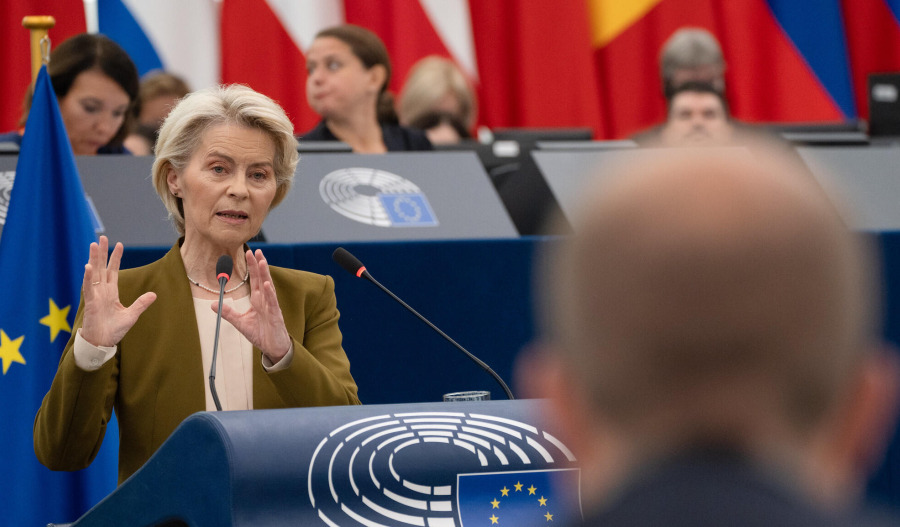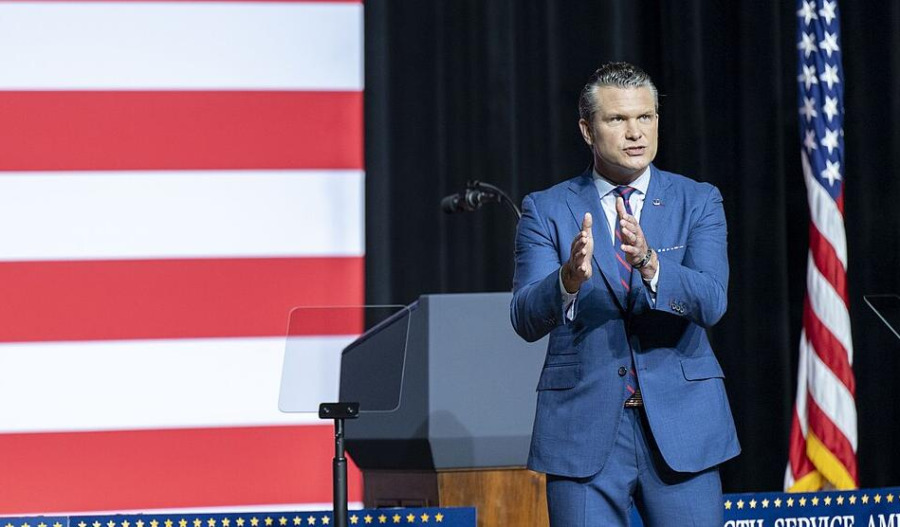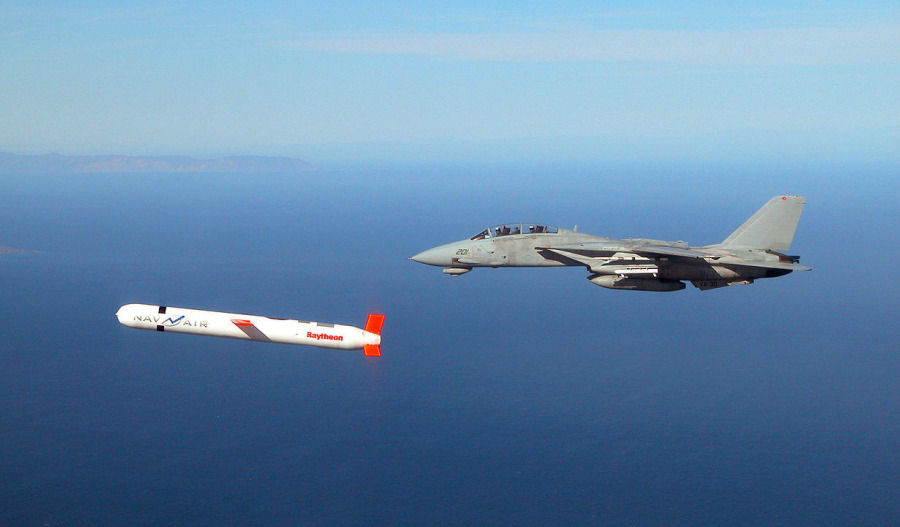Finance ministers from the Group of Seven advanced economies, including Britain, Canada, France, Germany, Italy, Japan and the United States, have agreed that it is time to "maximise pressure on Russia's oil exports".
By taking coordinated action to increase pressure on countries continuing to increase their purchases of Russian oil, the G7 plans to reduce the revenue that Moscow needs to sustain its war with Ukraine, which began in February 2022.
Further efforts to cut off Russian revenues have also seen the group’s finance ministers agree on the importance of trade measures and other restrictions, including tariffs, plus import and export bans on refined products sourced from Russian oil.
While refraining from naming India or China, a G7 statement outlined plans to “target those countries that are continuing to increase their purchase of Russian oil since the invasion of Ukraine and those that are facilitating circumvention”.
"We will take concrete measures to significantly reduce, with the objective of phasing out, our remaining imports from Russia, including on hydrocarbon imports," the G7 statement added.
Yesterday’s statement by the G7 follows strong hits by the U.S. Trump Administration last month that it was ready to broaden tariffs targeting buyers of Russian oil if the European Union took similar moves.
While President Donald Trump has flagged the possibility of tariffs of between 50% and 100% targeting Russian oil buyers, he has refrained from imposing additional tariffs on Chinese imports over China's purchases of Russian oil.
However, his administration has targeted New Delhi with extra tariffs on imports from India.
Indian refineries are the largest exporters of clean products made from Russian oil and are understood to have sold large volumes into European markets since the beginning of the war.
This has raised concerns about a "back door" for Russian petroleum to get into Western economies.
"We will target those who are continuing to increase their purchase of Russian oil since the invasion of Ukraine and those that are facilitating circumvention," G7's statement said.
"We will take concrete measures to significantly reduce, with the objective of phasing out, our remaining imports from Russia, including on hydrocarbon imports," it added.
In the face of pressure from Trump, last month the European Commission confirmed that it was also working on potentially imposing tariffs on imports of Russian oil into the bloc.
The U.S. leader has demanded that Europe end energy imports from Moscow before agreeing to move forward with sanctions against Russia.
The G7 ministers plan to meet again on the sidelines of the annual meetings of the International Monetary Fund and World Bank in Washington this month.
Meanwhile, G7 ministers previously agreed to take measures to help Ukraine keep financing its defence - including mobilising the value of Russian state assets that were frozen in G7-based banks at the start of the conflict.
Further afield, European leaders are actively discussing a plan to use US$160 billion worth of frozen Russian assets to underwrite a loan to Ukraine.
While these funds would then be used to buy European weapons, as yet there is no consensus on the plan, and some EU member states have concerns about its legality.

Join our community of decision-makers. No card required
Join now

